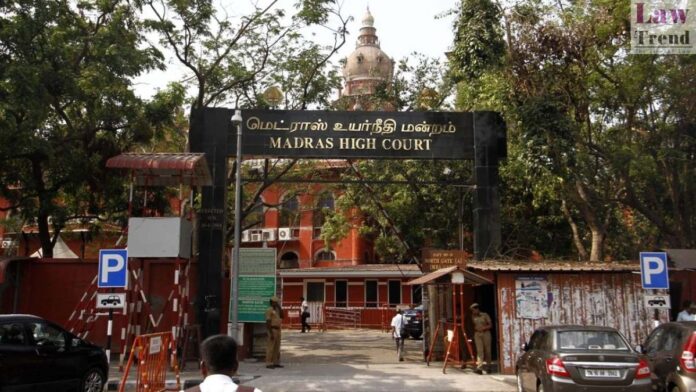The Madras High Court has laid down stringent measures to ensure the humane transportation of cattle, including mandatory space requirements and veterinary certification for long journeys. This directive, issued by Justice M. Nirmal Kumar, aims to safeguard animal welfare during transit, particularly addressing past instances of cruel treatment.
The ruling came as the court dismissed petitions by Abbas Manthiri and two others, seeking interim custody of 117 cattle seized during transport under inhumane conditions to Kerala for alleged slaughter. The cattle, which were being transported in container lorries from Andhra Pradesh without basic provisions such as food, water, or sufficient space, are now housed in goshalas.
Highlighting the grave violations observed, Justice Kumar pointed out the egregious conditions, including unhygienic transport environments and cruel methods like the use of chilli flakes to keep the cattle awake. The cattle, all below ten years of age, were found in dire conditions, leading to the invocation of the Prevention of Cruelty to Animals Act and the Transport of Animal Rules, 1978.
Under the specified rules (47 to 56), no goods vehicle should carry more than six cattle, and a qualified veterinary surgeon must certify all animals as fit for travel. Additionally, each consignment should clearly display the consignor’s and consignee’s details. “Absolutely, nothing has been followed in this case,” noted Justice Kumar, upholding the trial court’s decision to dismiss the custody petitions.
The judge further outlined that cattle must be provided with adequate ventilation and maintained at warm temperatures during transport. The loading and unloading processes should also prioritize safety to prevent stress and injury, with properly designed ramps and docks to prevent slips and falls.
Justice Kumar stressed the importance of cleanliness in transport vehicles to prevent disease spread and mandated that transporters obtain necessary documents from respective authorities. In cases of long journeys, a veterinary certificate detailing the travel capacity of the cattle is required. Upon arrival, cattle must be inspected for any injuries, with immediate care provided if needed.




